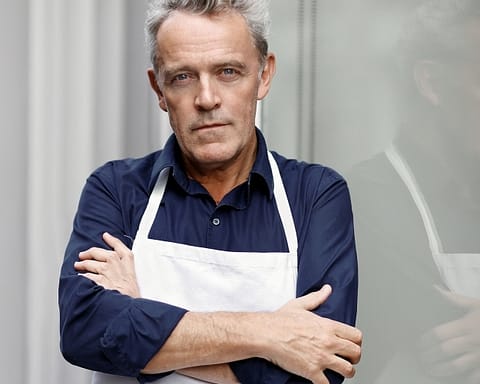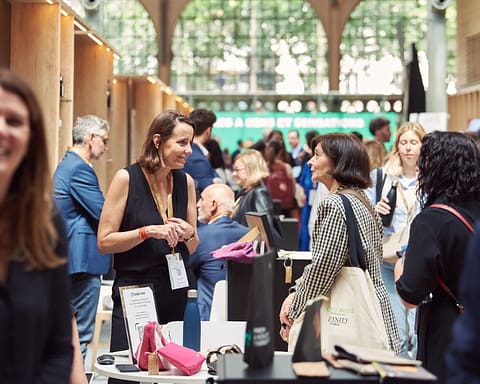The luxury industry has been plagued for more than two years by various problems. Its supply chain will have to be revamped and adapted to sustainable development.
The luxury goods and textile industry is currently facing changes and turbulence that make its system unstable, especially upstream in the chain. The explosion of demand, after two years of continuous decline during and after the global pandemic, which had significantly slowed down the supply chain, has led to a significant shortage of raw materials.
This situation was exacerbated by repeated lockdowns in China, linked to an upsurge in Covid-19 cases. These have led to the blocking of certain productions and the port of Shanghai, which has slowed down the transport of goods. In addition, inflation and rising energy prices, as well as the war in Ukraine, have exacerbated market tensions.
A reality to adapt to
European companies dependent on raw materials, intermediate products and various components have no choice but to anticipate and plan well in advance. In 2021, 43% of European manufacturers explained that the logistics crisis had severely impacted their production model. Faced with this observation, French manufacturers are showing a certain resistance by absorbing the financial risks and leveraging a level of production that seems to limit the risks. Companies in Italy, Austria and the Netherlands are far more alarmed, while Switzerland has suffered forced production stoppages. Germany seems to be particularly pessimistic about the situation: 20% of companies on the other side of the Rhine do not see any immediate encouraging signs on the horizon.
Some companies have nevertheless taken the lead and decided to increase their stock levels. The weight of the climate emergency and the growing demands of consumers are also prompting the industry to take a more eco-responsible turn. According to a Generix report, 87% of French consumers are in favor of more environmentally friendly delivery methods.
We also note that local production initiatives have emerged in France. They quickly spread to the European level to protect industries against the fragility of logistics.
This reality is forcing the reinvention of models and inviting economic operators to move towards a more intelligent, more robotized, more connected and shorter production. “This model is now being rediscussed and we are returning to what was previously considered obsolete, namely the ability to anticipate market requirements as much as possible with material orders well in advance. The sector is even thinking about the potential repatriation of part of the production chain to Italy and Europe,” emphasizes Claudio Marenzi, CEO of Herno, a company specializing in sleeved pieces, and President of the Pitti Immagine trade show organizer.
Eco-responsible before his time, he took his company on a sustainable development journey a few years ago, relying on technological innovation. In particular, in 2020 he created the start-up BeSight, together with Andrea Ruscica, from the high-tech consulting firm Altea Federation, to offer technological solutions to fashion SMEs.
Read also > Tesla faces supply challenges
Featured photo : © PxHere




































